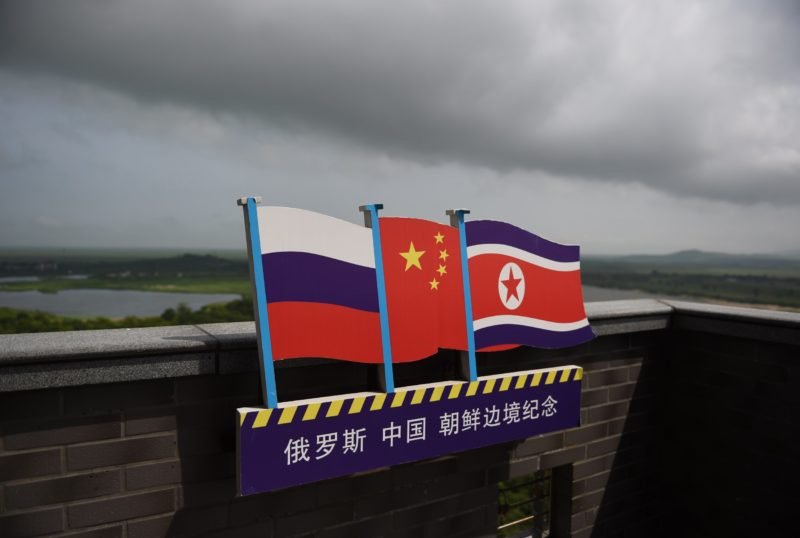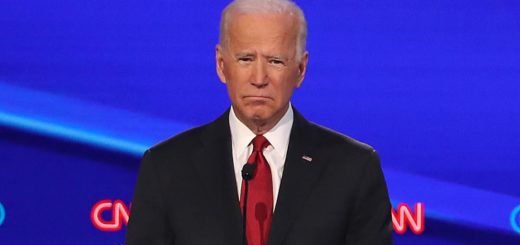U.S.-led pressure fractures as China, Russia push for North Korea sanctions relief

A proposal by China and Russia to ease U.N. sanctions on North Korea increases pressure on the United States and signals what is the likely end of unified efforts to persuade Pyongyang to give up its growing nuclear and missile arsenal.
On Monday China and Russia proposed that the United Nations Security Council lift a ban on North Korea exporting statues, seafood and textiles, and ease restrictions on infrastructure projects and North Koreans working overseas, according to a draft resolution seen by Reuters.
The plan comes at a crucial moment – just weeks before the deadline set by North Korea for Washington to offer more concessions – and highlights deepening divisions over how to engage with North Korea.
Russia and China, which both wield veto power on the Security Council, were key votes in imposing the sanctions in recent years under the “maximum pressure” campaign championed by U.S. President Donald Trump’s administration.

The United States says it would be premature for the U.N. to consider lifting sanctions right now and has called for North Korea to return to the negotiating table.
Since North Korea and the United States established a detente in 2018, however, both Moscow and Beijing have increasingly voiced support for easing sanctions. Now, the official proposal represents a new level of public pressure on the United States, analysts said.
Last week, China’s ambassador to the U.N. said a major cause of the deadlock and rising tensions was a failure to respond to “positive steps” taken by North Korea toward denuclearisation.
“The Russia-China initiative at UNSC is likely coordinated with Pyongyang as the proposal reflects North Korea’s demands to be rewarded for the concessions it has already taken,” said Artyom Lukin, a professor at Far Eastern Federal University in Vladivostok. “Pyongyang’s recent threats of escalatory action are now backed by the Sino-Russian diplomatic offensive.”
China and Russia are effectively undercutting the United States’ current strategy on North Korea, he said. “Pyongyang has again demonstrated its unrivalled capacity to exploit the rivalry between great powers.”
China hopes the U.N. Security Council forms a consensus on the draft resolution, Foreign Ministry spokesman Geng Shuang said on Tuesday, urging North Korean and the United States to keep talking.
South Korea, which is a close U.S. ally but which has also expressed willingness to ease some sanctions as part of a deal with North Korea, said on Tuesday sanctions could only be eased through a consensus among Security Council members and called for diplomatic efforts to be focused on resuming talks.
Other analysts noted Beijing and Moscow have shown increasing unity on the issue of security on the Korean peninsula.
Sanctions relief is crucial for both China’s Northeast Area Revitalization Plan as well as Russia’s economic interests in the Russian Far East, said Anthony Rinna, a specialist in Korea-Russia relations at Sino-NK, a website that analyses the region.
“Recently the Chinese government has stated that sanctions relief for North Korea is imperative, and Beijing has a much higher chance than Moscow of being taken seriously in Washington,” he said. “Furthermore, sanctions are a part of the joint Sino-Russian action plan for peace on the Korean Peninsula.”
The call to lift sanctions affecting rail infrastructure and foreign workers, for example, are two areas that are key economic interests for Moscow, Rinna added.



















